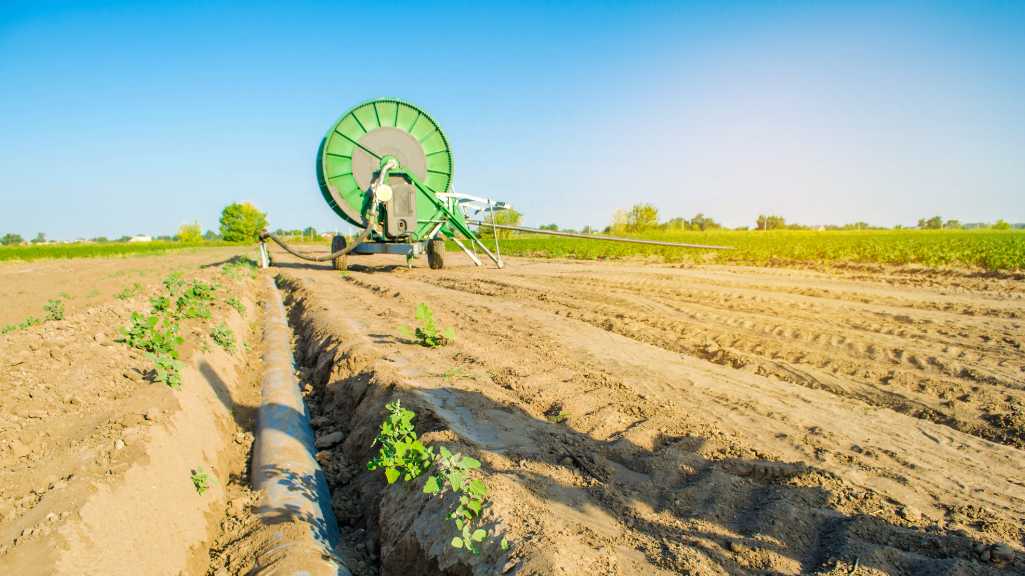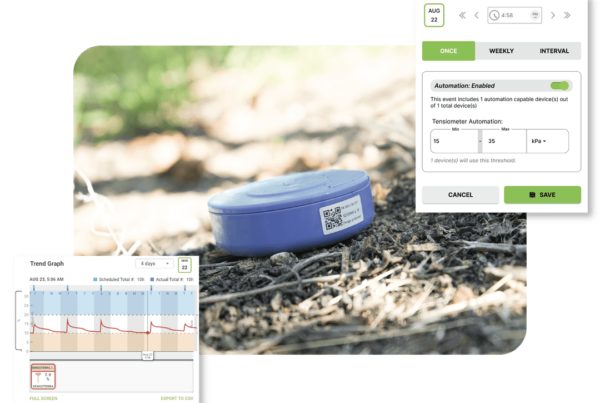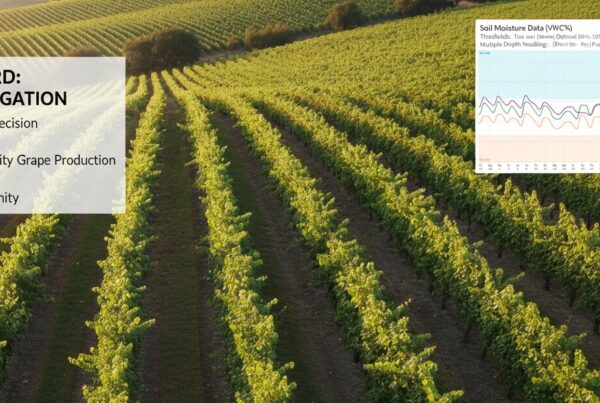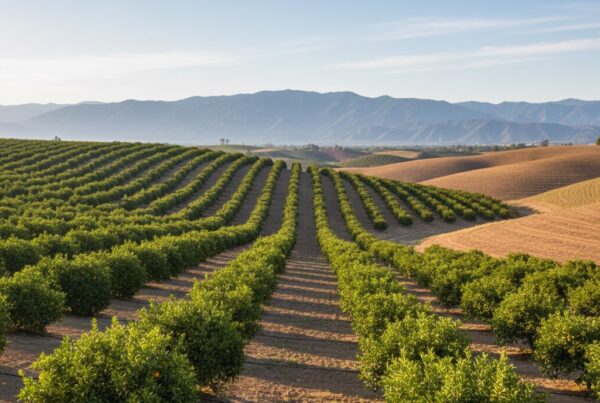More drought expected during growing season
The Royal Netherlands Meteorological Institute (KNMI) has sent a clear warning in its 23 Climate Scenario outlook for the Netherlands: “The Netherlands must prepare for more severe weather extremes.” The KNMI’s climate scenarios are extensive examinations of how climate change is poised to impact the Netherlands. These scenarios are categorized into four distinct types based on greenhouse gas emissions (high or low) and the alteration of seasons (dry or wet). They predict rising average temperatures, prolonged heatwaves, increasing drought, more frequent extreme summer rainfall, and wetter winters.
Critical Indicator: Precipitation Deficit
When it comes to evaluating the repercussions of drought on arable farming, we emphasize a pivotal indicator: the precipitation deficit during the growing season. This deficit is the variance between the precipitation received and the moisture lost through evaporation. For our analysis, the growing season, stretching from April 1 to September 30, is of paramount importance.
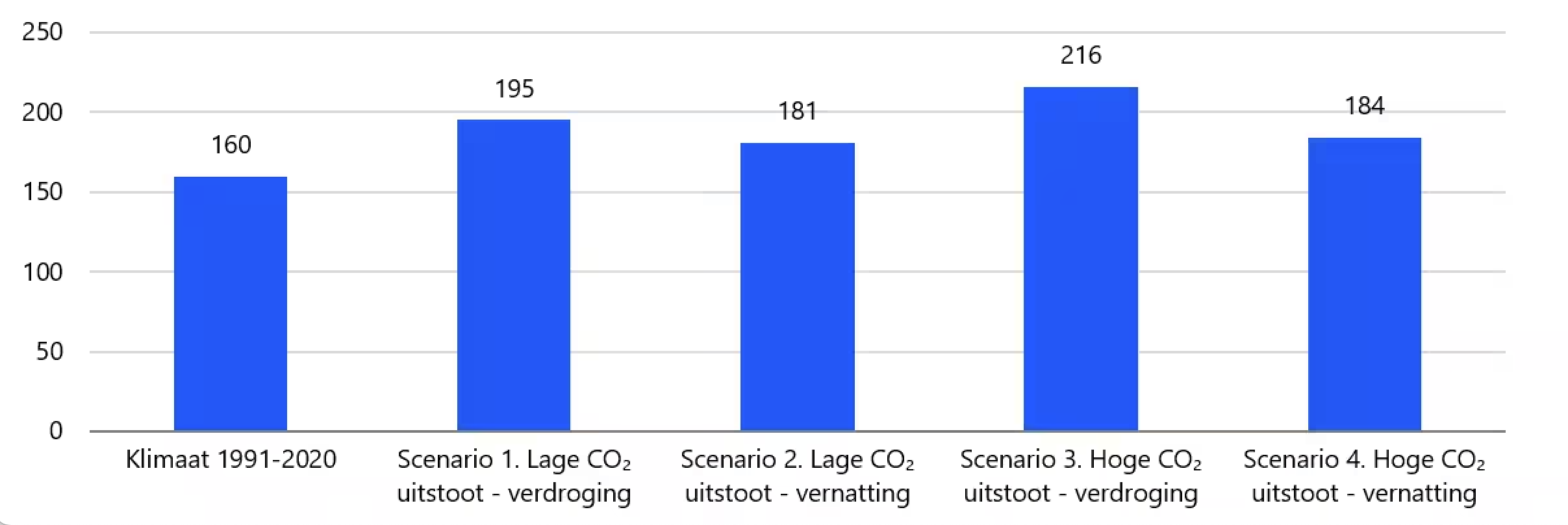
Fig. 1.: Maximum precipitation deficit (KNMI, 2023)
Drought occurrence and severity a high risk
Profound changes are anticipated in the maximum precipitation deficit during the growing season. From 1991 to 2020, this deficit averaged 160 mm. Fast forward to 2050, and an increase in the participation deficit is foreseen, ranging from 181 to 216 mm. This entails a rise of 13 to 35 percent in precipitation deficit, contingent on the specific scenario.
In short: Drought is anticipated to become a more prevalent occurrence in the coming years.
Assessing Extreme Drought from 2013 to 2022
To gain insight into the potential implications of an anticipated increase in prolonged dry periods for arable farmers, RABO Bank recently published the report “Akkerbouwer wordt zoetwatermanager” (The arable farmer is a fresh water manager). The report compares historical experiences with extreme drought spanning the last decade.
Given the most recent arid years encompass 2018, 2020, and 2022, there was obvious precipitation deficit within the growing season. In stark contrast, the years 2014, 2016, and 2021 exhibited comparatively lower deficits in terms of rainfall (as illustrated in Figure 2).
Focusing on the driest years during this timeframe, the report aims to identify the impact on volume yields, market prices, and overall incomes.
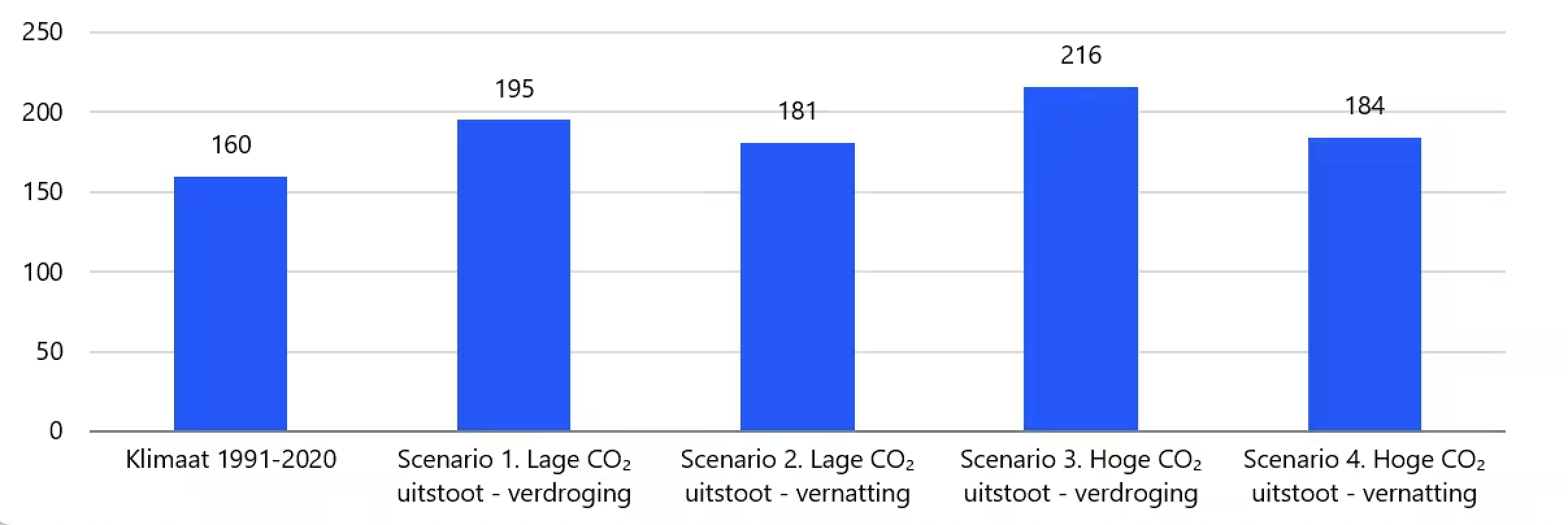
Fig. 2.: Average precipitation deficit in the growing season (mm) (KNMI, 2023)
Lower crop yields in dry years
Crop yield is heavily influenced by the water availability. Other factors such as the choice of crop varieties, fertilization, crop protection, intercropping and crop rotation also significantly influence yield, but are also closely tied to the availability of water.
When comparing the deficit in precipitation during the growing season, with the crop volume yields, the general trend of lower yields during dry years (as highlighted in Table 1). This pattern is particularly noticeable in 2018 and 2020. In contrast, the year 2022 saw favorable yields in the cultivation of cereals, sugar beets, and seed potatoes. The noteworthy aspect of 2018 and 2020 is that, despite being drier years, more arable farms employed irrigation practices compared to previous relatively dry years.
About Sensoterra
Sensoterra develops low-cost, simple, and robust wireless soil moisture sensors, providing actionable insights that enable water management platforms and solutions. Our sensors are built to integrate into any platform with our unique ‘API first’ philosophy – offering freedom and flexibility for data integration. It is our mission to enable water management platforms and solutions worldwide. We help by ‘Making Sense of Water’. We produce simple, robust, and low-cost wireless soil moisture sensors that are easy to deploy and built to integrate. With proven success in the applications of smart city landscaping, environmental monitoring, and precision agriculture, the Sensoterra solution integrates seamlessly in existing water and land management platforms.
Contact for more information, pictures and/or interview requests:
Jessica Nuboer
Marketing & Communications
Sensoterra
Email: [email protected]

